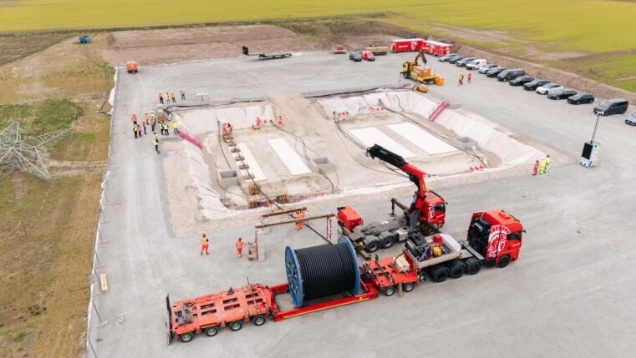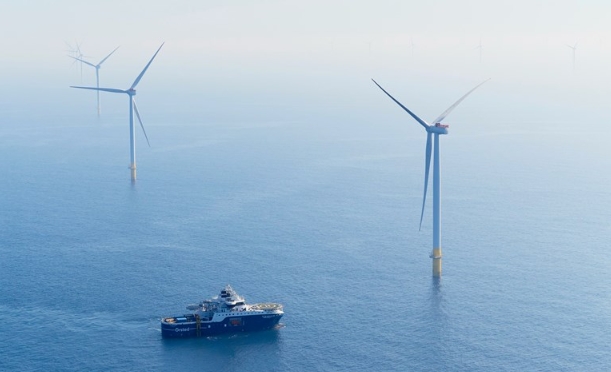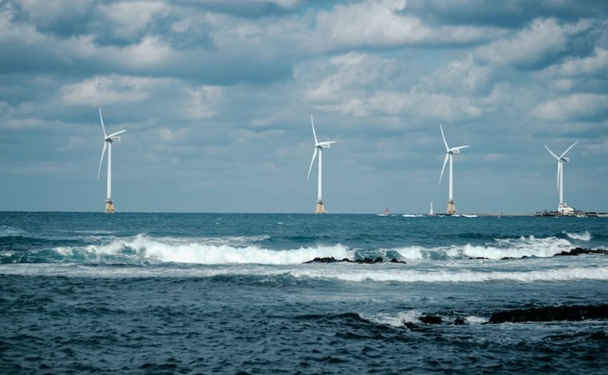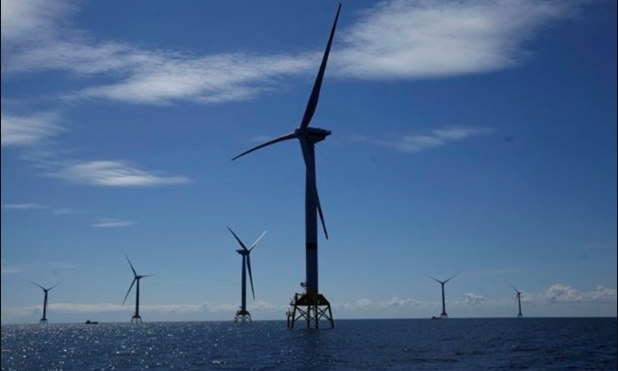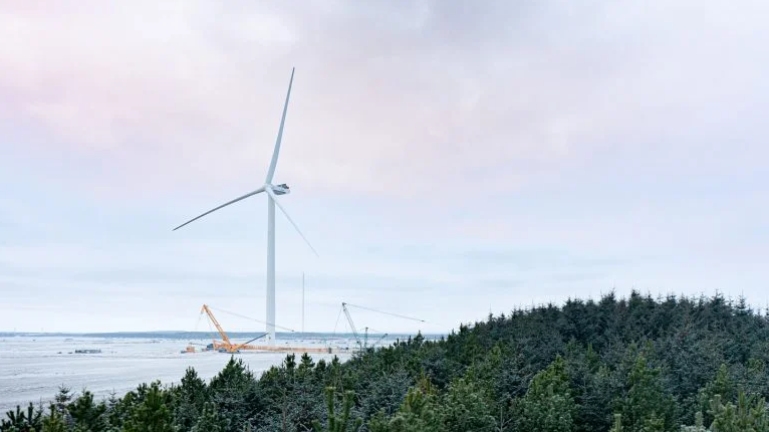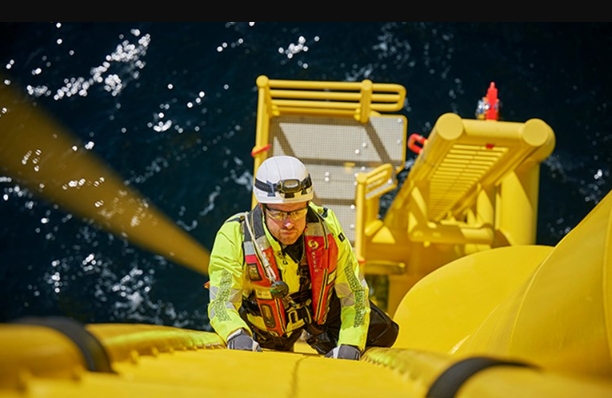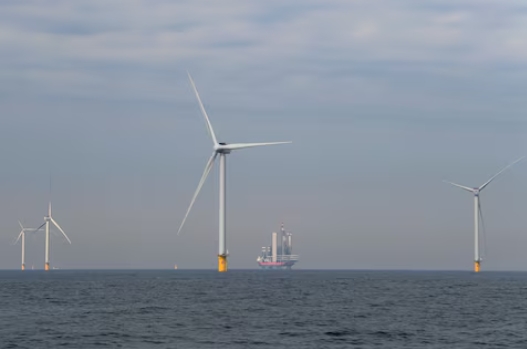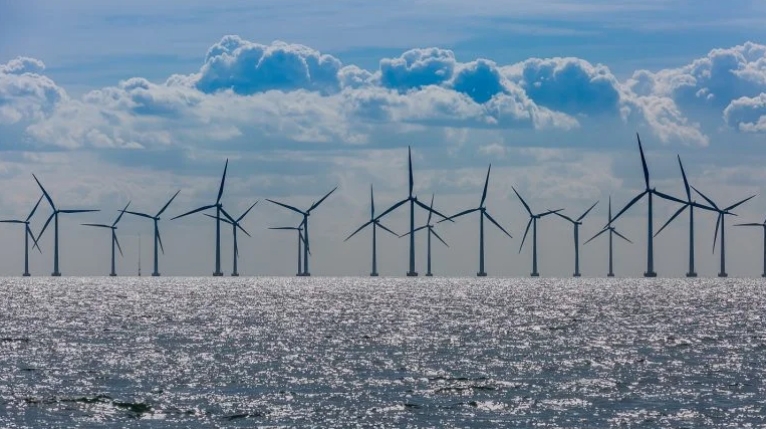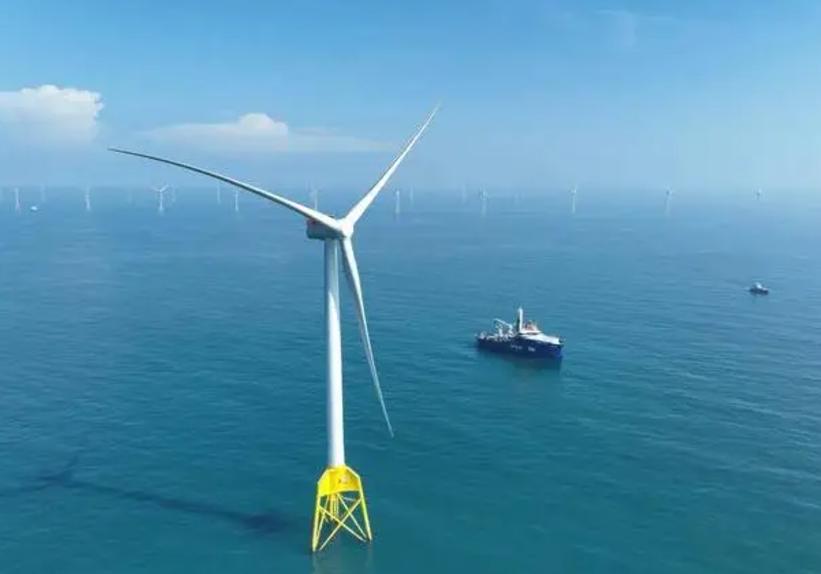
Norwegian energy company Equinor (EQNR.OL),has submitted a bid to develop an offshore wind farm together with other companies in the latest round of Japan's state auctions, two sources said, as it seeks a foothold in the fledgling market.
Equinor's bid underscores the focus some wind players are putting on Japan even as they scale back elsewhere, despite some international players' frustration with strict bidding rules and an earlier auction round having been won by Japanese companies.
A latecomer to offshore wind, Japan wants to build up to 45 GW of capacity by 2040 from less than 1 GW now, which would make it a top-five offshore wind market.
Equinor recently decided against pursuing offshore wind opportunities in Vietnam, Spain, Portugal and France, while Germany's RWE has said it is focusing on Japan and South Korea while not pursuing further developments in India and Taiwan.
Japan offered two sites totalling 1 gigawatt (GW) in the northern prefectures of Aomori and Yamagata in its third round of auctions. Bidding closed in July, and winners are to be announced by year-end.
Equinor's bid is in a consortium with Japanese companies, the sources said, without naming them or which of the two sites they bid on. Other foreign companies also submitted bids, according to the sources, who declined to be named as the bids were confidential.
Equinor and Japan's industry ministry, METI, which oversees the auctions, declined to comment.
The push in Japan by Equinor comes even as it acquired a 10% stake this month in Danish offshore wind power giant Orsted (ORSTED.CO), which earlier this year announced it was deprioritising Japan. Orsted told Reuters it decided to close its offices in Japan.
Last year, Orsted urged Japan to auction off much larger projects - 10 GW to 15 GW at a time - to make it a more attractive market and address cost efficiency for renewable energy developers.
In the country's first auction in 2021, consortiums led by Japanese trading company Mitsubishi Corp (8058.T), won all the bids, prompting grumbles from foreign bidders, along with many local participants, that were shut out.
